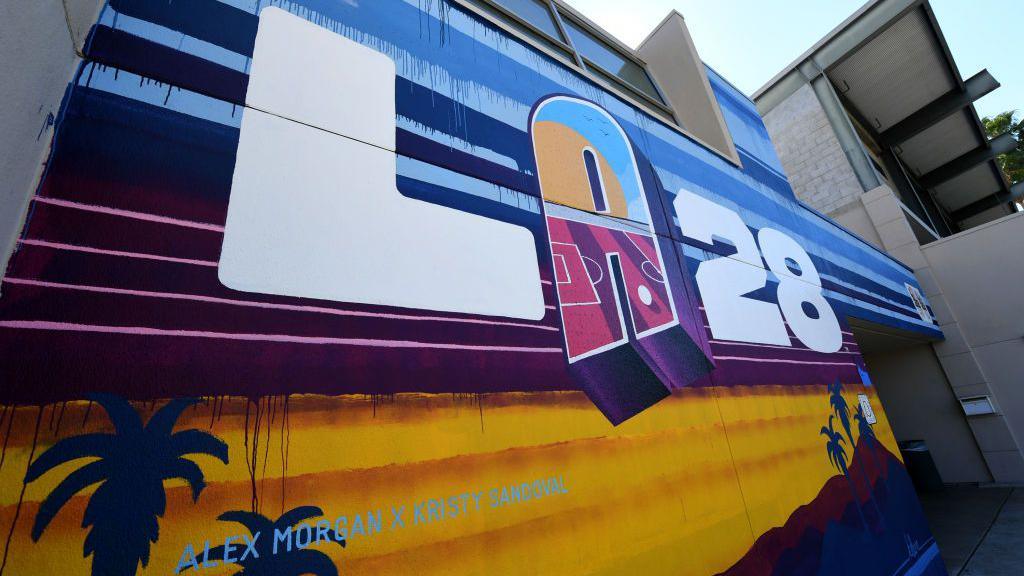British athletes heading to the Deaflympics are facing a harsh reality as they struggle to raise funds for their participation. Despite the Deaflympics having a long history, dating back to its establishment in 1924, deaf athletes in the UK receive no government funding for their elite sporting endeavors. This stands in stark contrast to the substantial financial support given to athletes competing in the Olympics and Paralympics, which receive millions from UK Sport through government and national lottery funding.
At present, UK Sport will invest £330 million into British Olympic and Paralympic sports for the Los Angeles 2028 cycle, yet athletes preparing for the Deaflympics in Tokyo next month are tasked with raising £450,000 themselves to cover their costs. This situation has drawn sharp criticism from those advocating for fair treatment of deaf athletes, who argue that the lack of funding represents a form of discrimination.
Chris Ratcliffe, the chief executive of UK Deaf Sport, expressed his frustration to MPs, pointing out that deaf athletes are the only disabled group not to receive government assistance for elite competition. He called the situation “shameful” and emphasized that it has been an ongoing issue with no indication of change. He also noted that despite the Deaflympics being officially recognized by the International Olympic Committee since 1955, deaf athletes have never been granted the same financial support that other disabled sports groups, such as Paralympic athletes, receive.
Nathan Young, a British deaf swimmer ranked fourth in the world, further highlighted the disparities. He explained that many of his competitors at the Deaflympics are supported financially, making it difficult for British athletes to compete at the same level without similar backing. He described the lack of funding as a roadblock to success, which leaves deaf athletes feeling overlooked compared to their Paralympic counterparts, who enjoy more media attention and funding.
MPs have been urged to acknowledge the importance of supporting elite deaf athletes. Dame Caroline Dinenage, chair of the committee, voiced her agreement with the calls for greater financial assistance, expressing that the current situation is unjust. Ratcliffe has called for a more equitable approach, suggesting that £3 million over the next four years would go a long way in helping deaf athletes prepare for the 2029 Deaflympics, though this amount still pales in comparison to what other sports receive. The conversation has gained momentum, with advocates hoping that increased awareness will lead to meaningful changes for deaf athletes in the UK.

